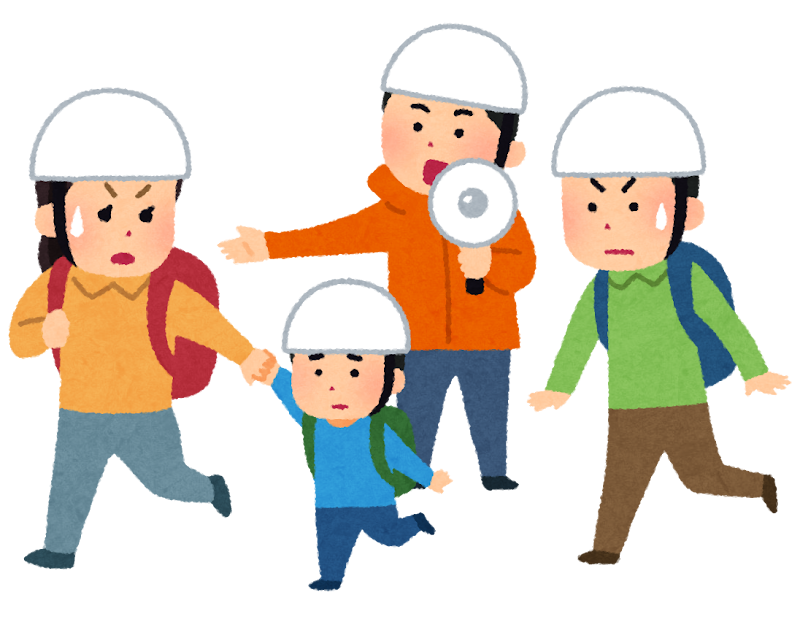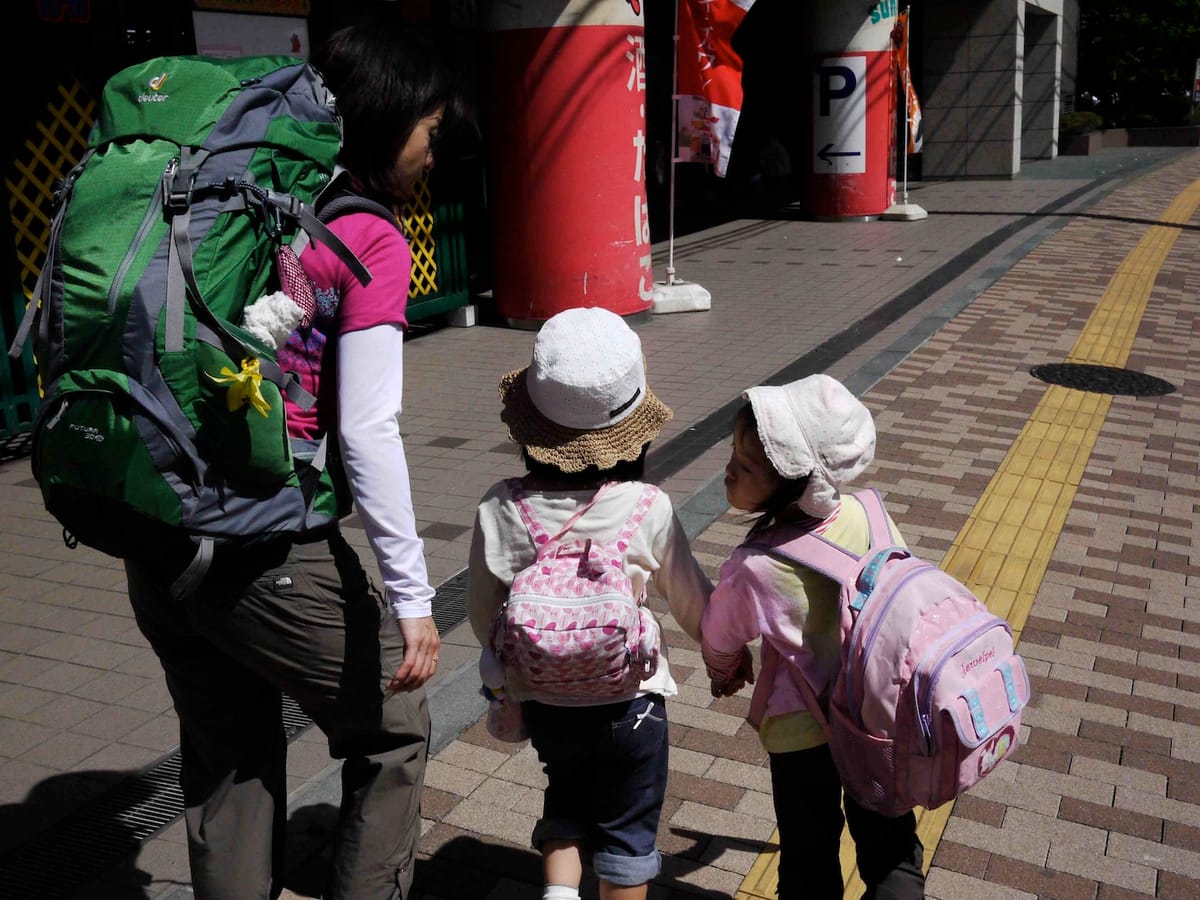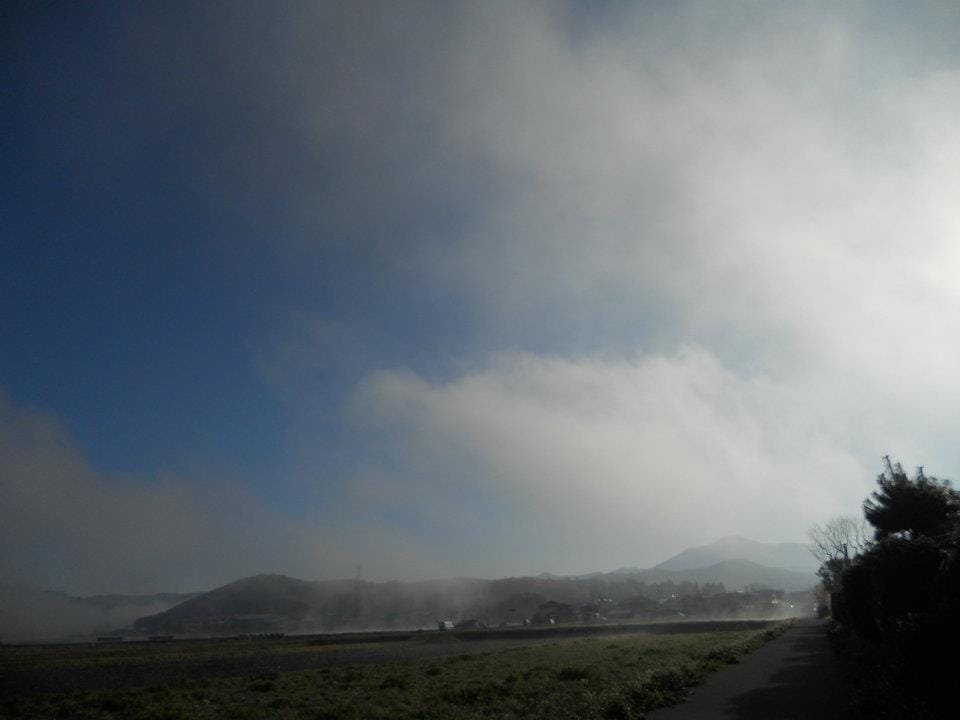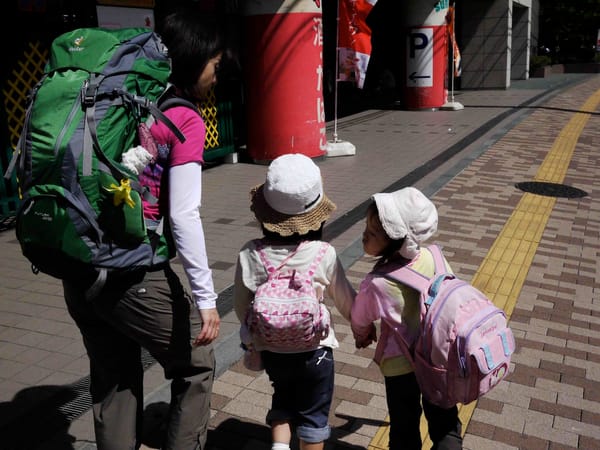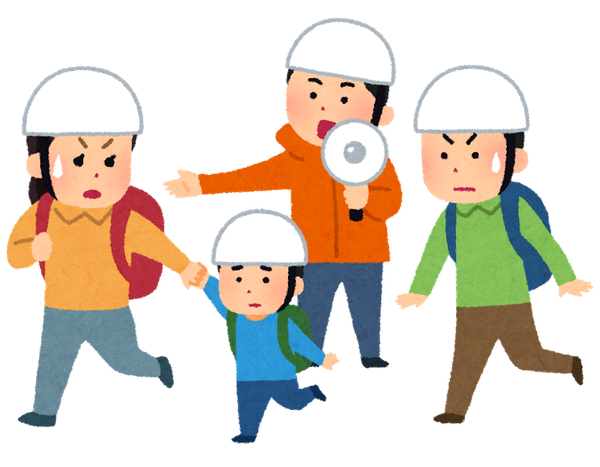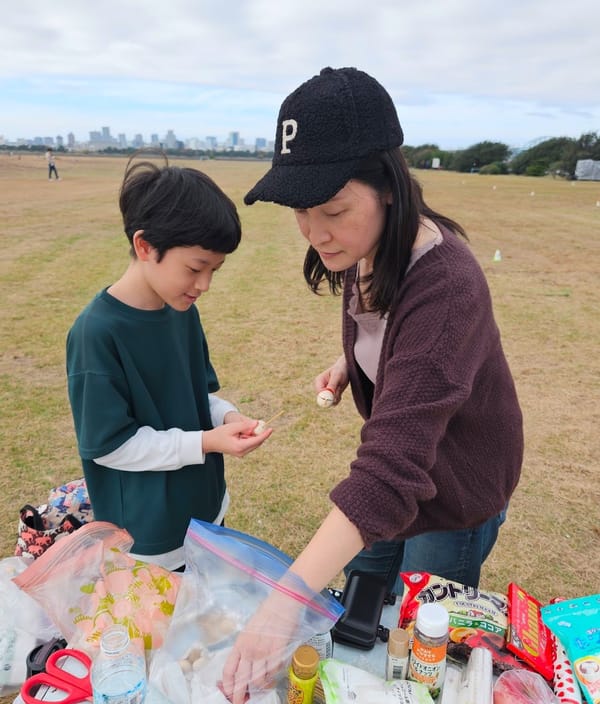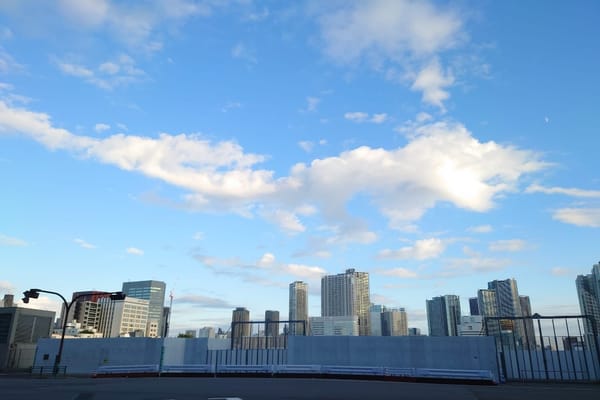Disaster landscape
In November 2011, I spent a month volunteering in Iwate Prefecture, one of the areas affected by the tsunami.
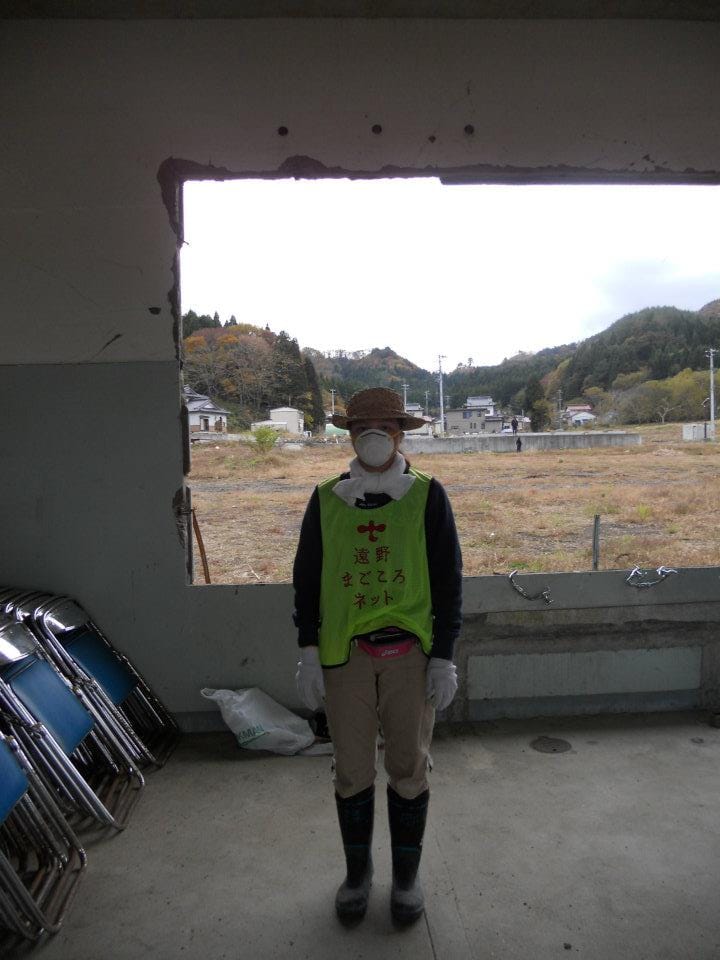
This week in Small Business Japan (1 Dec, 2024)
I joined an NPO based in an inland city, Tono, and from there, volunteers split into groups and travelled to the coastal areas that had been badly hit, mainly the area around Otsuchi Town. Every morning, we would get into the cars that belonged to the other volunteers and head out to activities.
The tsunami dramatically altered the landscape, even in places it didn't completely destroy. It felt like everything was divided into 100 or 0 – some people lost everything, including loved ones, while others were miraculously spared. This was a difficult reality to face every morning, even for us volunteers.
The impact of an earthquake, in general, is often different. The damage is often widespread, so there isn't the same stark contrast between those who lost everything and those who didn't. This perhaps made it less likely for people to feel depressed by comparing their situation to their neighbours.
I realised that the complete transformation of the landscape mirrored the stark divide in people's experiences after the disaster. There were those who lost so much, and those who were seemingly able to continue their lives relatively unchanged. However, it's important to remember that even those who escaped the direct impact of the tsunami suffered losses – relatives, friends, jobs, and a sense of normalcy. In truth, it's impossible to say that anyone emerged from this disaster completely unscathed.
While disaster preparedness is actively promoted in Japan, it's not something most people think about constantly. Many people believe they are generally well-prepared, but in reality, their awareness fluctuates – sometimes, it's top of mind, and other times, it fades into the background. This is perfectly normal. I've taken steps to prepare, but like everyone else, I want to live my life without constantly worrying about disasters.
I understand that people may not always be eager to read about disaster preparedness. However, Small Business Japan is committed to providing this crucial information, especially since it can be difficult to find reliable resources in foreign languages. We aim to support our readers — fellow residents navigating life in Japan — by offering practical advice and guidance on disaster preparedness. See the week's post below.
